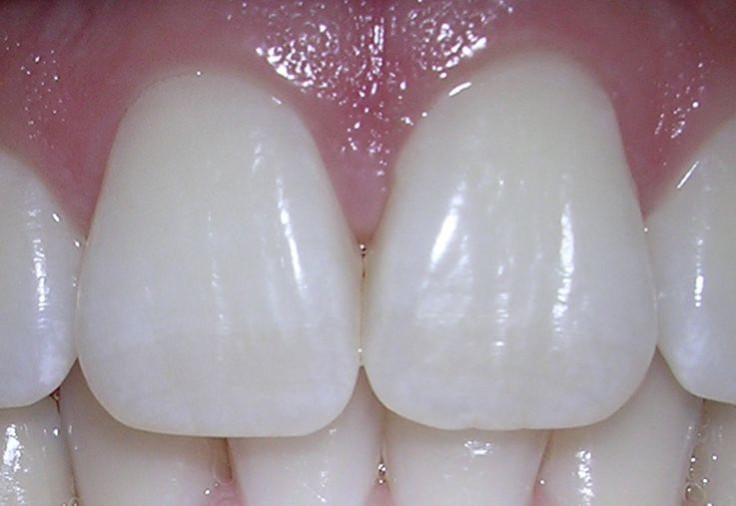Putting Denture Manufacturers Out Of Business: Researchers Use Stem Cells To Make Teeth

A new study from researchers in the UK and Japan may soon give dental patients a better alternative to implants, says Science World Report. In a report published in the Journal of Dental Research, the team described how it sourced stem cells from a patient's gums, a necessary first step to creating bioengineered teeth that could eventually be used to substitute a person's missing teeth.
Bioteeth utilizes stem cells to create what are called teeth primordia, which are immature teeth similar to those in an embryo, says Science World Report. Teeth primordia can be implanted into a patient's mouth to grow into regular teeth. The difficulty, however, has been in differentiating the stem cells from other kinds of cells in the gums and collecting enough of them to make a biotooth, lead author Paul Sharpe told Science World Report.
To solve this problem, the researchers collected adult gum tissue from patients and then combined it with mouse stem cells that form teeth. They transplanted these cells into mice, which grew hybrid human-mouse teeth with roots, dentin, and enamel, reports Science World Report. The human gum cells responded to signals from the mouse stem cells, inducing tooth growth, Sharpe said. The next step, he added, is to culture adult human stem cells that can induce tooth growth.



























